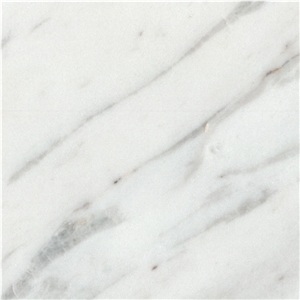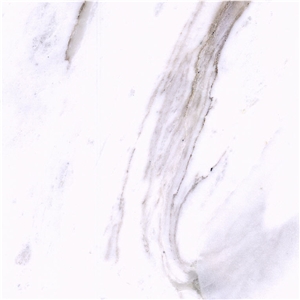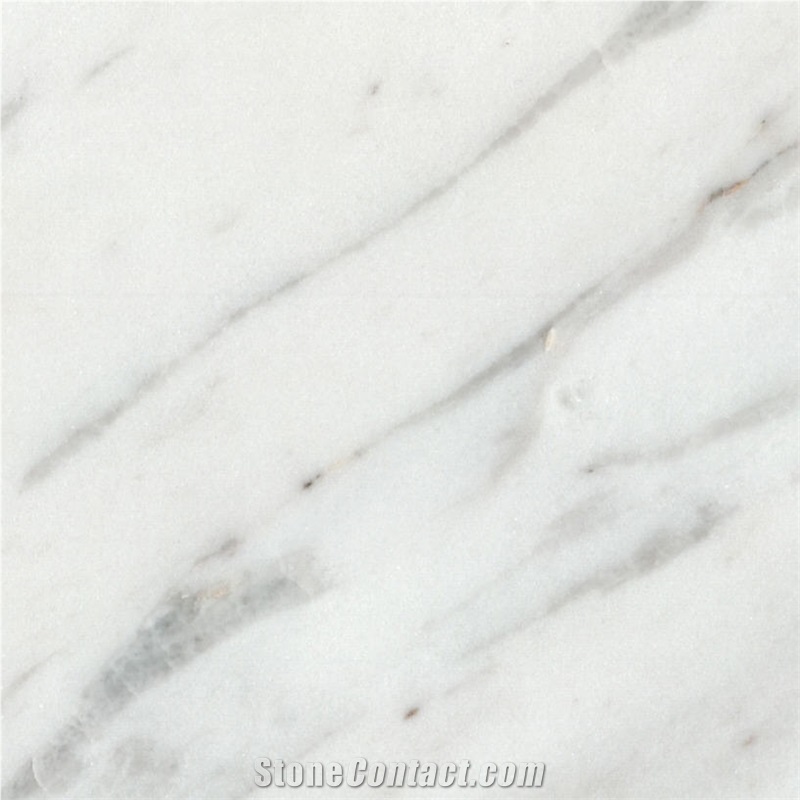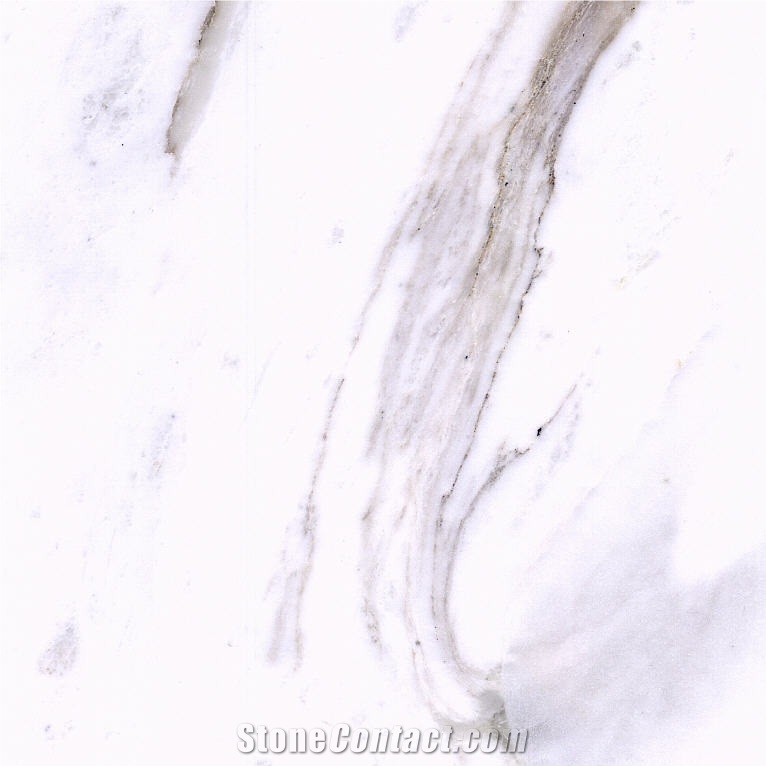Drama a Marble
 Greece
(Livaderon, Xiropotamos, Drama, East Makedonia, North-East of Greece)
Greece
(Livaderon, Xiropotamos, Drama, East Makedonia, North-East of Greece)
Drama A Marble is a kind of white marble quarried in Greece. This stone is especially good for Countertops, monuments, mosaic, exterior - interior wall and floor applications, fountains, pool and wall capping, stairs, window sills and other design projects. It also called Branco Volakas Marble,Drama White,Dramas White,Macedonia White Marble,Olympos,Olympous White,Olympus White Marble,Volakas Drama White,Volakas Dramas White Marble,Volakas White Marble,Volakas Marble,Doxato Semi White Marble,Doxato Dramas Semi White,Dramas White Iktinos,Drama S Marble,Kalliston White Marble,Granitis Dramas White,Granitis Dramas Semi White,Pighes Drama White Marble,Pighes Dramas Semi White,Pirgi Drama White Marble,Volakas Dramas Semi White Marble . Drama A Marble can be processed into Polished, Sawn Cut, Sanded, Rockfaced, Sandblasted, Tumbled and so on.

Are there color variations of Greece's Drama A Marble?

Is Greece's Drama A Marble an expensive stone?

Can Greece's Drama A Marble be used in a office?

What grade is Greece's Drama A Marble?

Can you put hot pans on Drama A Marble?

How can I make my white marble shine naturally?

How thick is Greece's Drama A Marble slabs?

How do you prevent water stains on Drama A Marble?

What is the chemical composition of Drama A Marble?

Can Greece's Drama A Marble be used exterior applications in cold climates?

Is it advisable to use Drama A Marble for the kitchen countertop?

Which marble surface treatment provides a non-slippery surface?

What is the physical properties of Drama A Marble?

What are the disadvantages of Drama A Marble?

What is the coefficient of friction of Water Jet Cut Greece's Drama A Marble tiles?

Can Greece's Drama A Marble be used in floor coverings?

Can Greece's Drama A Marble be used outdoors?
-

 China
China
 5YRDiamond members are premium members on platform, providing members with comprehensive approach to promoting their products, increasing products exposure and investment return to maximize.
5YRDiamond members are premium members on platform, providing members with comprehensive approach to promoting their products, increasing products exposure and investment return to maximize.
 Verified Supplier is for prove company authenticity,including business license,trade license and effective office space,to enhance buyers' trust to suppliers and their products, reducing communication costs.
Verified Supplier is for prove company authenticity,including business license,trade license and effective office space,to enhance buyers' trust to suppliers and their products, reducing communication costs.
Contact Supplier
-

 China
China
 7YRDiamond members are premium members on platform, providing members with comprehensive approach to promoting their products, increasing products exposure and investment return to maximize.
7YRDiamond members are premium members on platform, providing members with comprehensive approach to promoting their products, increasing products exposure and investment return to maximize.
 Verified Supplier is for prove company authenticity,including business license,trade license and effective office space,to enhance buyers' trust to suppliers and their products, reducing communication costs.
Verified Supplier is for prove company authenticity,including business license,trade license and effective office space,to enhance buyers' trust to suppliers and their products, reducing communication costs.
Contact Supplier
-

 Israel
Israel
Contact Supplier
-

-

-

-

-

 China
China
 Verified Supplier is for prove company authenticity,including business license,trade license and effective office space,to enhance buyers' trust to suppliers and their products, reducing communication costs.
Verified Supplier is for prove company authenticity,including business license,trade license and effective office space,to enhance buyers' trust to suppliers and their products, reducing communication costs.
Contact Supplier
-

-

The request includes: 1. surface finished, size 2. quantity required









